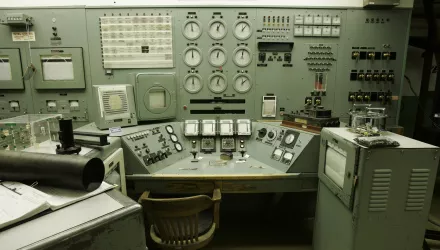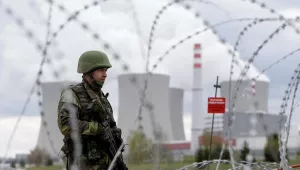Abstract
Many contributions have been made in the studies of the factors that influence public acceptance of nuclear power. However, previous studies seldom focused on nuclear power plants in the planning stage. Actually public perception is usually more sensitive at the preliminary planning stage of a nuclear power station. Mainly utilizing questionnaire survey and focus group methods, we have identified the factors that are correlated with local acceptance of planned nuclear power plants in China. We conducted our survey in two cities, Huludao, Liaoning province in northern China, and Shanwei, Guangdong province in southern China, where the local government was planning to build its first nuclear power plant. We find that people who live closer to the plant sites are less willing to accept nuclear power than those who live farther away. As for “surface psychology” factors, perceived benefits and risks significantly influence local acceptance. As for “deep psychology” factors, emotional identification and social trust can significantly influence local acceptance, while perceived knowledge cannot. When citizens are unfamiliar with nuclear power plants, they are more inclined to evaluate the benefits and risks through emotional identification and social trust, rather than through pure rational deduction based on concrete facts.
Guo, Yue and Tao REN. “When It Is Unfamiliar To Me: Local Acceptance Of Planned Nuclear Power Plants In China In The Post-Fukushima Era.” Energy Policy, October 2016






